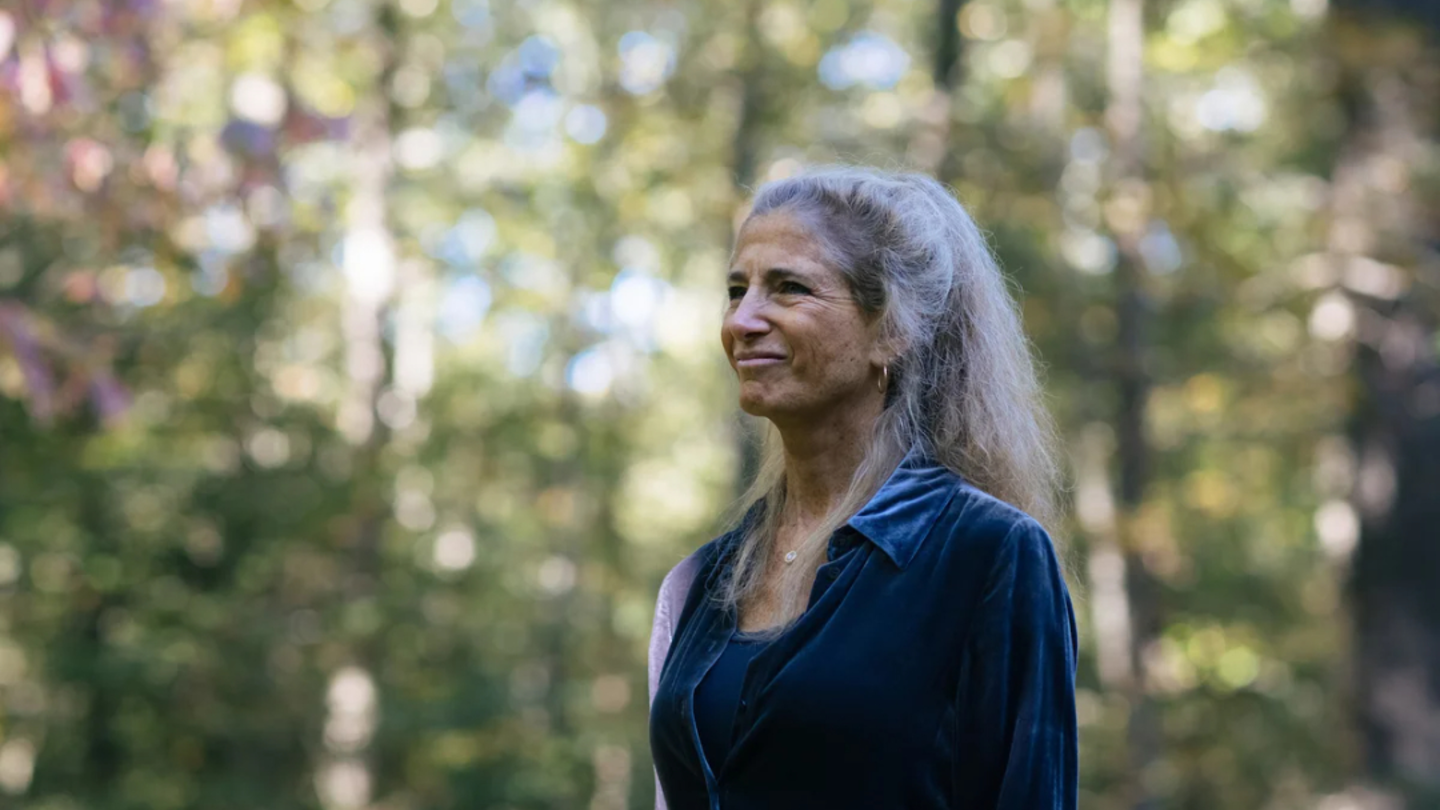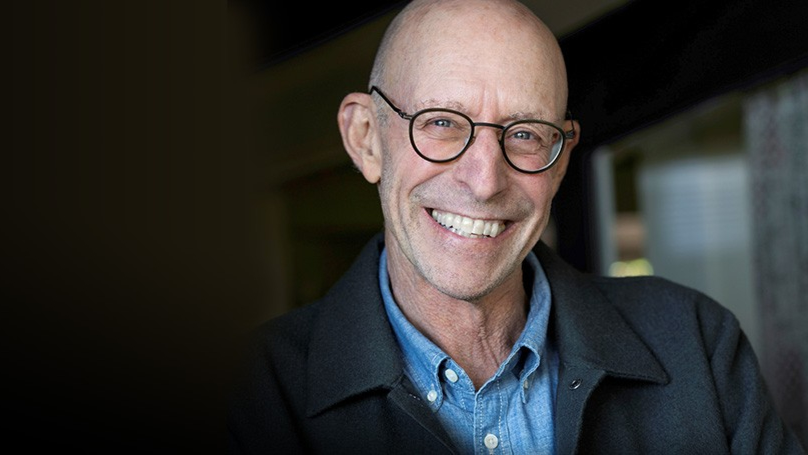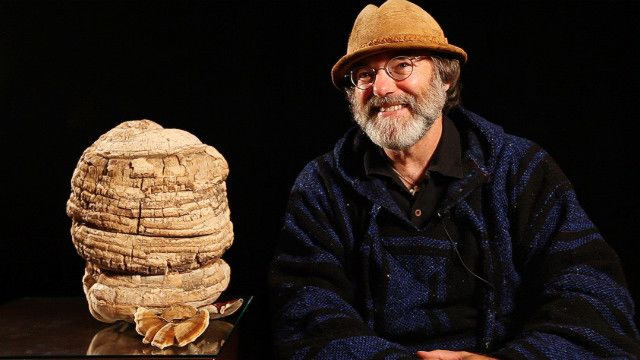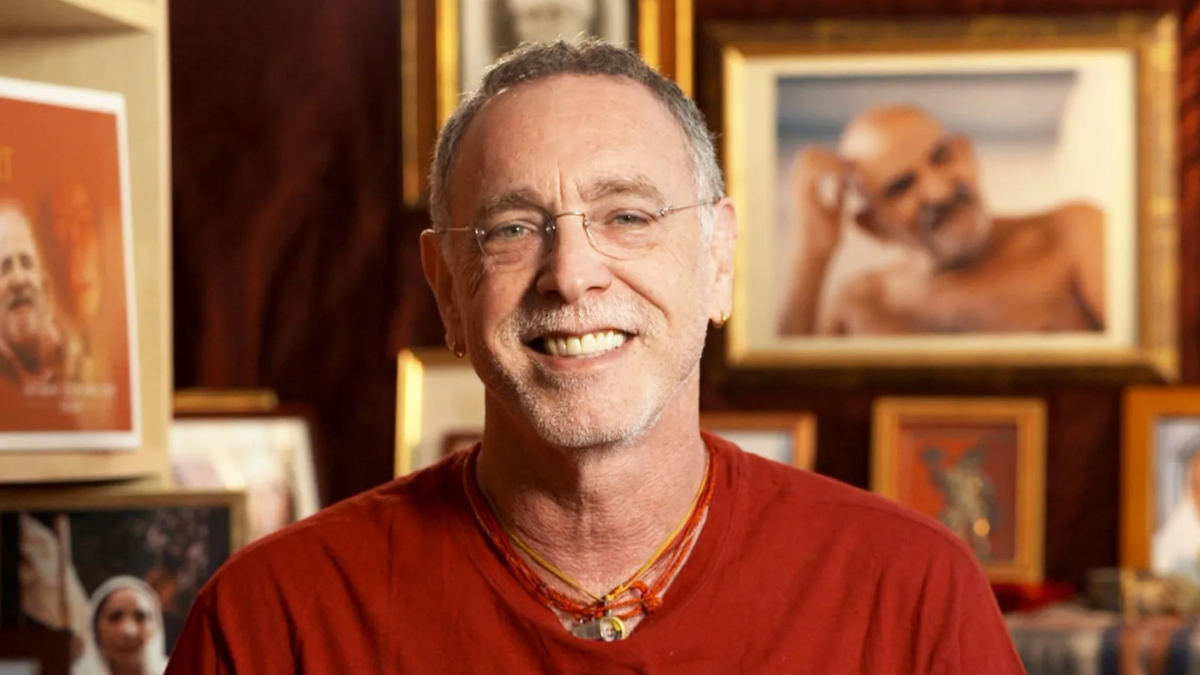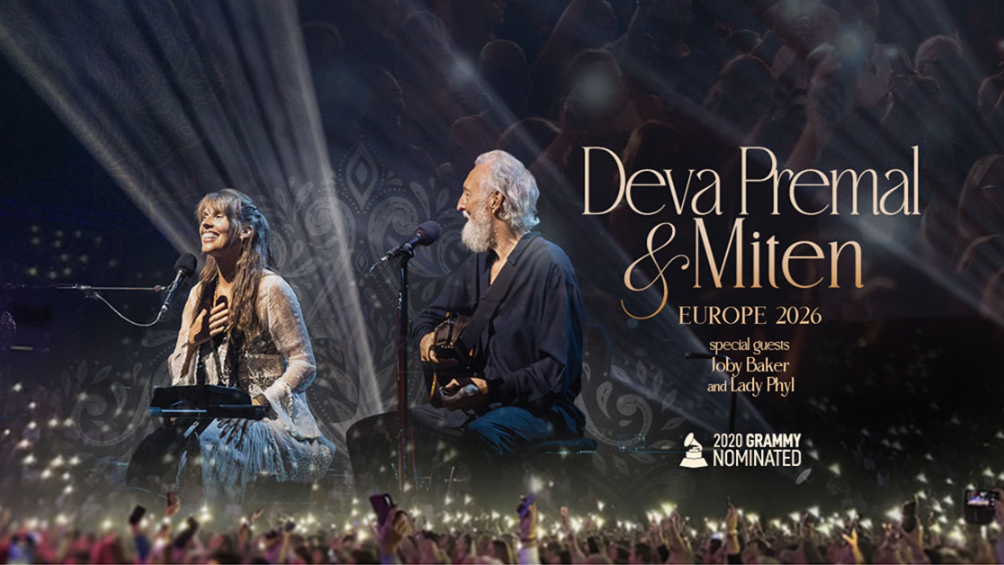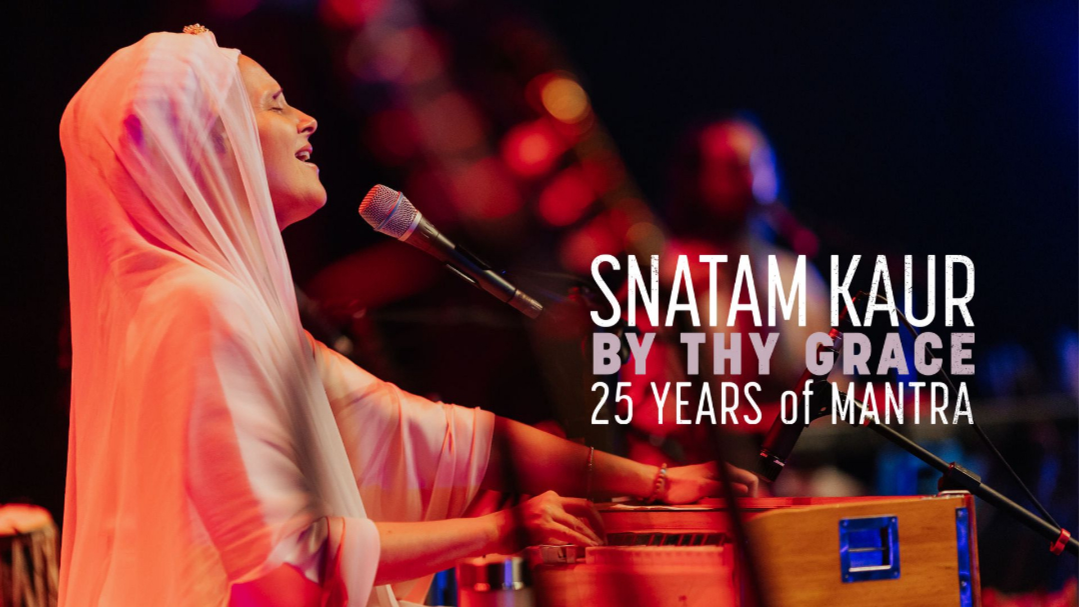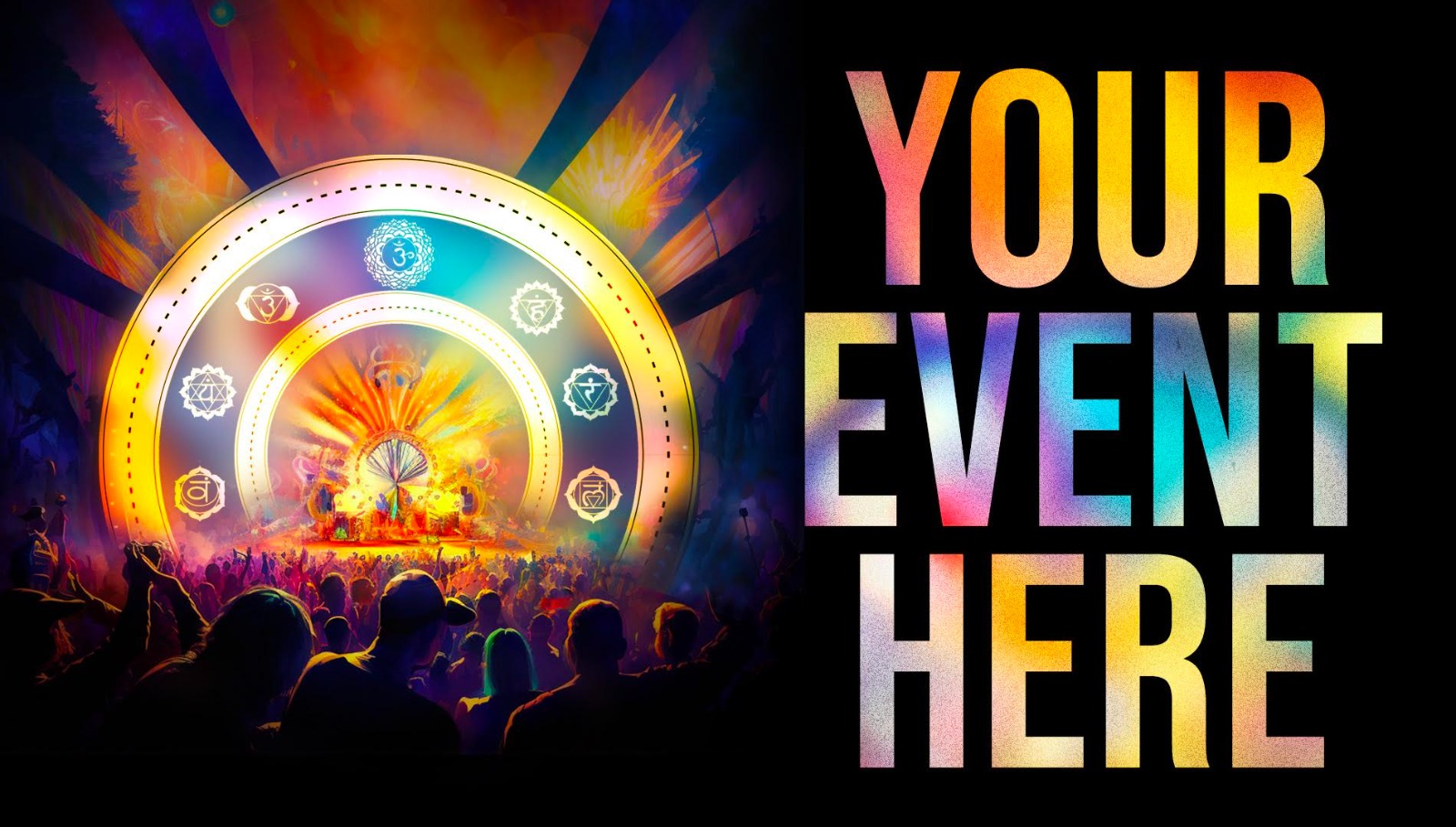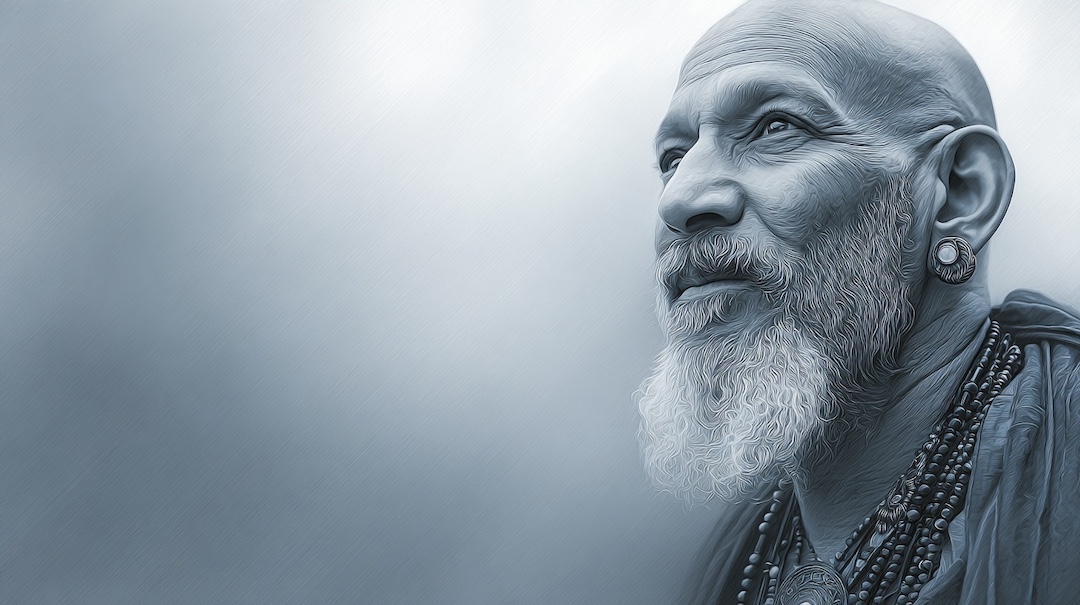
When we awaken to the deeper truths of existence, we begin to feel the sacred interconnectedness of all life. Our hearts open, and the illusion of separation melts away, revealing that we are not isolated individuals, but part of a vast, living whole. It’s a profound realization — yet, as we embrace this truth, we encounter a subtle challenge: how do we live this truth in a world still rooted in self-centeredness?
The Me vs. We paradox is something every awakened soul will face. It’s the tension between our inner knowing of universal connection and a world that continues to prioritize ego and individualism. These are opposite polarities — yet they are not separate; they are inextricably linked. Like the two poles of a magnet, they exist in a delicate, dynamic balance. Neither can exist without the other, and each gives rise to the other in an endless, interdependent dance.
The Fantasy of Perfect Enlightenment
In the early stages of spiritual awakening, we might hold an idealized vision: once we awaken, everything will fall into place. Our relationships will harmonize. Our struggles will fade away. Peace will be our constant companion.
But the reality is, while awakening brings profound shifts, it doesn’t automatically eliminate the challenges of living in a world still influenced by the ego. In fact, awakening often sharpens the contrast — highlighting the tension between unity and separation.
Enlightenment is not an escape from the world’s imperfections. Instead, it shifts our perspective, allowing us to see and accept the world as it is — with all its beauty and its flaws — while still holding the vision of what it could become. The Me vs. We paradox doesn’t vanish with awakening; it deepens. And it is here that we learn to hold both with love.
The Tree: The "Me" as Roots, the "We" as Branches
Think of a tree. The roots are deep and unseen, yet essential. They provide nourishment, stability, and strength. Without them, the tree cannot grow or bear fruit.
The Me is like the roots of the tree. It’s the foundation of our unique identity, grounding us in our individual truth. The Me allows us to know ourselves, set healthy boundaries, and stay centered, even as the world shifts around us.
The branches, leaves, and fruit represent the We — the outward expression of the tree, reaching toward the sun and connecting with the world. The We is the manifestation of universal love, the point where the individual meets the collective.
The Me and We are opposite polarities, but they are not separate. They are inextricably linked, like the roots and branches of a tree. Without the roots, there are no branches. Without the branches, the roots are meaningless. They depend on each other for growth and expression. So too, we depend on both the Me and the We to fully realize our spiritual potential.
And isn’t it intriguing that “W” is simply an upside-down “M”? This playful detail highlights how the Me and We are reflections of each other — opposite polarities that are fundamentally connected, each transforming and enriching the other.
The Pitfall of Dissolving the “Me” Too Quickly
In the pursuit of spiritual growth, it’s easy to fall into the trap of thinking that to be truly enlightened, we must erase the self. There’s a temptation to believe that self-sacrifice and self-erasure are signs of spiritual progress.
But the Me — like the roots of a tree — is vital. Without the Me, we lose our foundation. We cannot grow or offer our unique gifts to the world.
The Me is not something to be abandoned; it’s the strong base that allows us to serve the We without losing ourselves. True spiritual growth is about integrating the Me, not dissolving it, so we can contribute to the collective from a place of wholeness.
The Overcorrection: Becoming Too “Me”
On the flip side, after experiencing the disillusionment of self-sacrifice, some swing too far toward an overemphasis on the Me. They retreat into self-centeredness, focusing solely on personal boundaries and individual needs.
This is like a tree with deep roots but no branches. The Me is stable, but without the We, the tree cannot share its gifts. The Me may be strong, but without reaching out, it cannot truly live.
While self-care is essential, an overemphasis on the Me leads to disconnection. True spiritual balance is found when we honor the Me while simultaneously embracing the We — when we allow our roots to be firm, and our branches to stretch toward the sky.
True Integration: Embracing Both the “Me” and the “We”
Spiritual growth is not about choosing between the Me and the We but about integrating both. It’s about staying rooted in our individual essence, while also reaching out to serve the greater whole.
When we honor the Me, we build a solid foundation. When we honor the We, we extend our reach, our love, and our gifts to the world. The Me nourishes the We, and the We expands the potential of the Me.
This is the dance of life, where true peace resides — in the loving embrace of both.
The Gift of Holding Both
When we hold both the Me and the We, we become like the tree — rooted in our personal truth, yet expansively connected to the world. In this state, we can offer our light without losing ourselves in the process.
The Me gives us strength, clarity, and a sense of purpose. The We provides the opportunity to share our light and love, to contribute to something greater than ourselves. We nourish the Me in order to nourish the We.
Conclusion: Embracing the Paradox with Loving Awareness
The Me vs. We paradox is not something to solve, but a reality to live. True spiritual growth comes from holding both — recognizing that we are individuals, yet part of a greater whole.
When we embrace both, we create a life that is deeply rooted in our individuality, while expansively connected to the world. This is the essence of universal consciousness: to be fully connected to the self, while living in service to the greater good.
In embracing both, we live fully — as individuals, and as part of the great web of life. Just as the Me and the We are opposite polarities, they are also inextricably linked, bringing us to life in the most profound way.
